Can the U.S. Bring Indonesia onto Its Team?

Indonesia's geopolitical stance and investment challenges amid U.S.-China tensions

Indonesia's geopolitical stance and investment challenges amid U.S.-China tensions
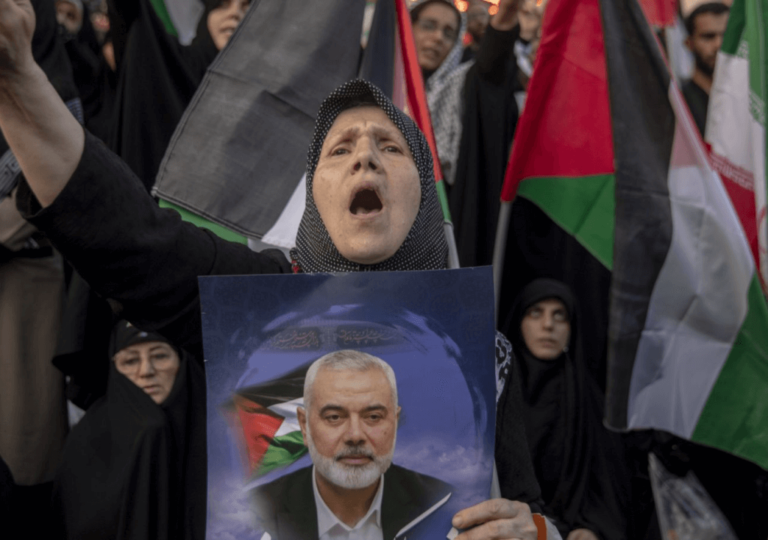
Israel dealt severe blows to Hamas and Hezbollah, killing key leaders amid ongoing conflict
Armenia seeks new alliances, notably with India, amid geopolitical challenges
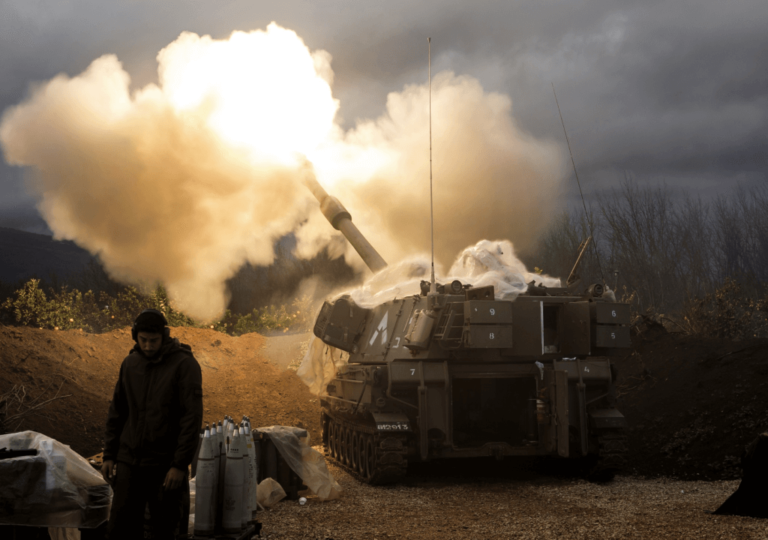
Israel strikes Beirut, targeting Hezbollah commander amid rising tensions and casualties
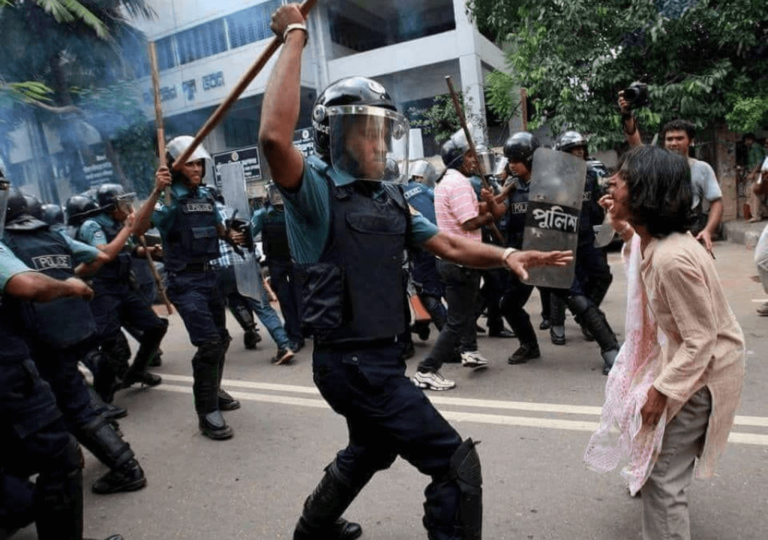
Bangladesh protests escalate into nationwide uprising against PM Hasina's 15-year rule, with 174 deaths reported
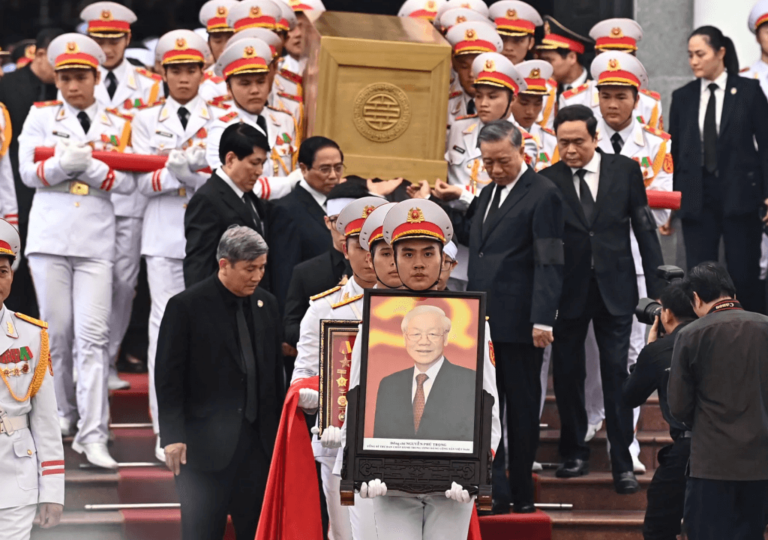
Nguyen Phu Trong, Vietnam's most powerful leader in decades, dies at 80, ushering in a new era of uncertainty and potential succession crisis in Vietnamese politics
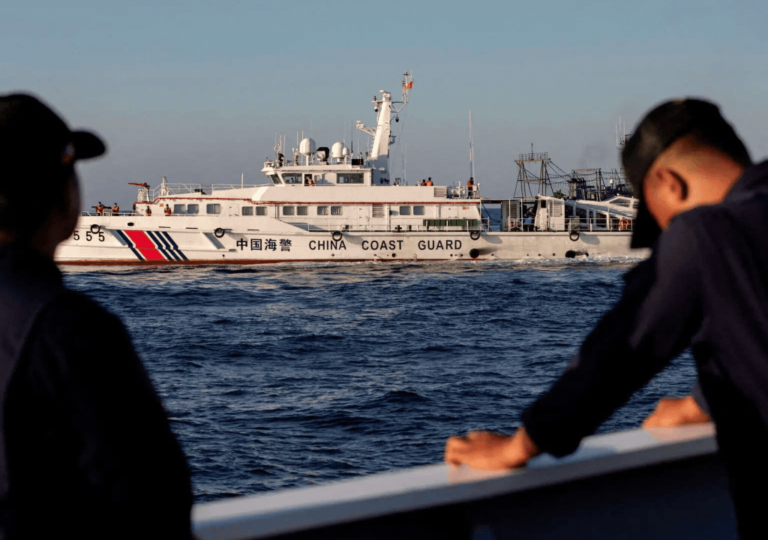
China seeks to de-escalate tensions with the Philippines over the South China Sea
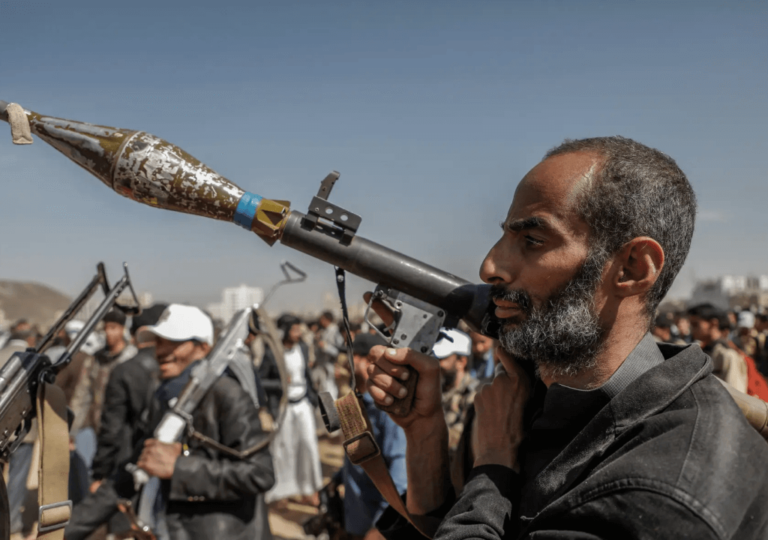
Houthi drone strikes Tel Aviv, marking a significant breach of Israel's defenses
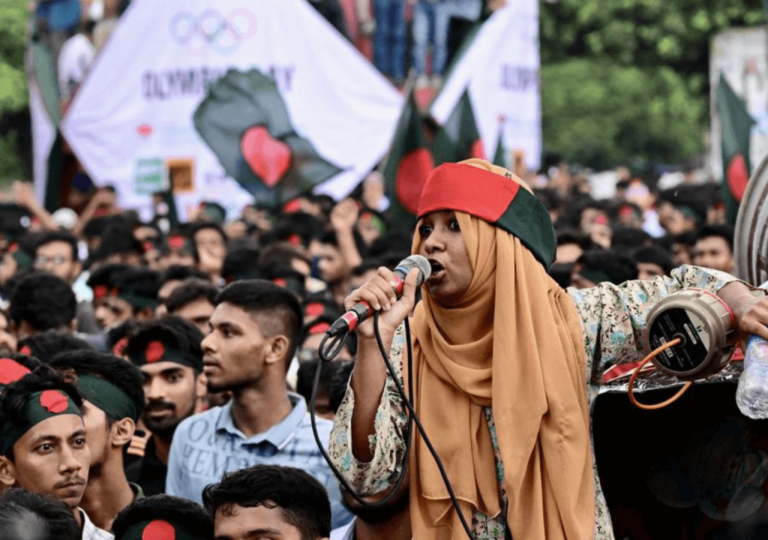
Bangladesh faces deadly student protests over job quotas, escalating violence and unrest
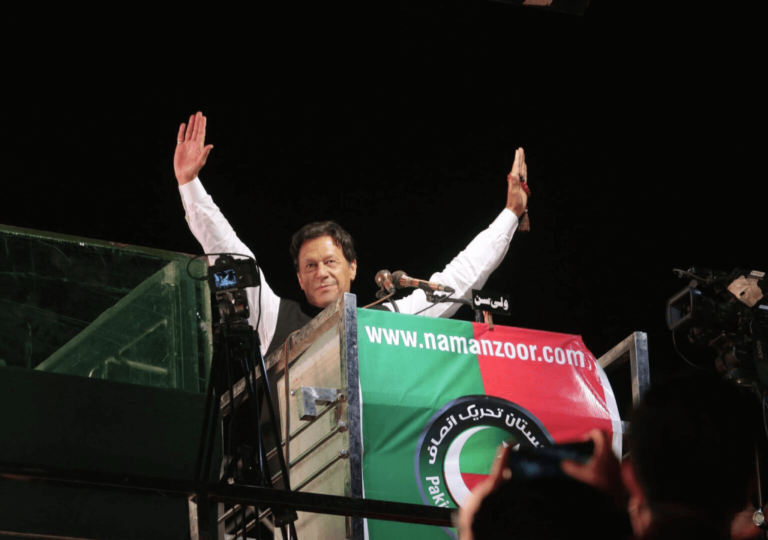
Pakistan's political crisis deepens as government seeks to ban Imran Khan's party despite court rulings